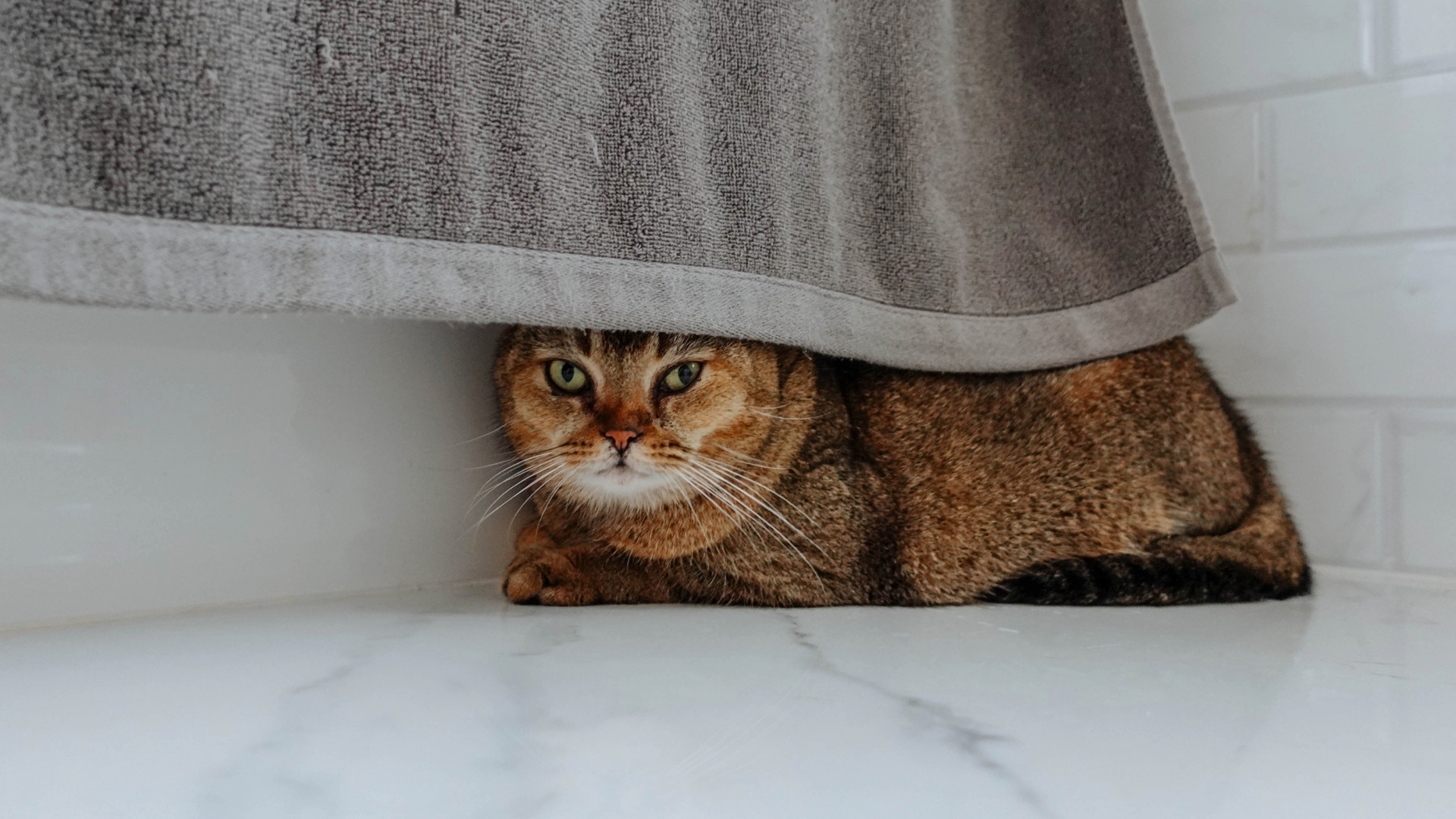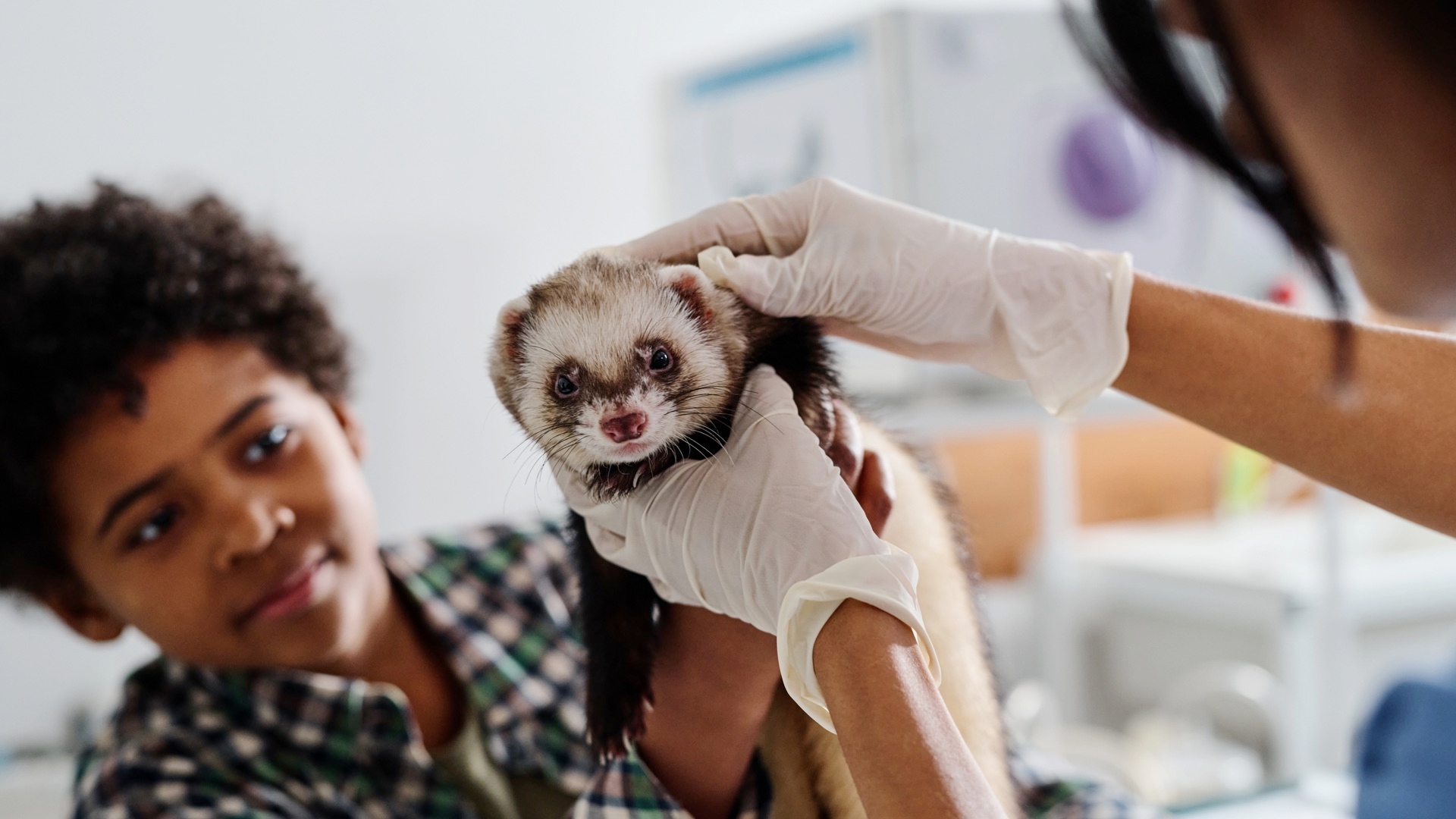Pet Adoption:
The tag "pet adoption" relates to: cat, dog training, feline, health, kitten, pet care, pet health, pets, portland, and reptile. For more tags, view our complete tag index.
The following blog entries have been tagged "pet adoption".

When choosing a pet bird, you should match a bird's attitude, temperament, size, activity level, and life span with your family, your home, and the amount of time you have to spend with your pet. You will also need to provide a safe, sturdy enclosure or cage for your bird.

Research has shown that cats can provide emotional support, improve moods, and contribute to the overall morale of their owners. Cats are also credited with promoting socialization among older individuals and physically or mentally disabled people. Nearly 40 million households in the United States have pet cats.

Before buying or adopting a dog or puppy, make sure a dog is the right type of pet for your family. Talk to your veterinarian about the right type of dog for you to make sure the dog you choose fits your lifestyle and needs. Be aware that dogs can sometimes carry germs that can make people sick, even when they appear clean and healthy. Visit your veterinarian for routine care to keep your dog healthy and to prevent infectious diseases.

Bone treats are real bones that have been processed, sometimes flavored, and packaged for dogs. Giving your dog a "bone treat" might lead to an unexpected trip to your veterinarian, a possible emergency surgery, or even death for your pet. The U.S. Food and Drug Administration (FDA) says the risk goes beyond that, especially when it comes to the "bone treats" you may see at the store.

In order to integrate your new cat into your home you need to be committed to helping your cat get comfortable with both you and it's new environment. Cats in general will eventually get accustomed to their physical environment and those who live with them, however, a shy cat will usually hide when first introduced to a new environment.

Before taking your new adoptee home and risking exposing her to any infectious disease, take her to a veterinarian for a thorough health check-up, including a test for feline leukemia, de-worming, inoculations and, if appropriate, neutering. Plan on staying home with your new kitty for several days, helping her get over the stress of the visit to the veterinarian and the move from her previous home.

You must first decide whether or not you want a kitten or a cat. There are advantages and disadvantages to each. A kitten will adjust more easily to your lifestyle than will an adult cat. But, an adult cat will already have gone through that rambunctious, crazy period. It is easier to recognize the personality type, e.g., shy or outgoing, if the cat is half-grown or older. The most important consideration is whether or not the cat is healthy and psychologically undamaged.



